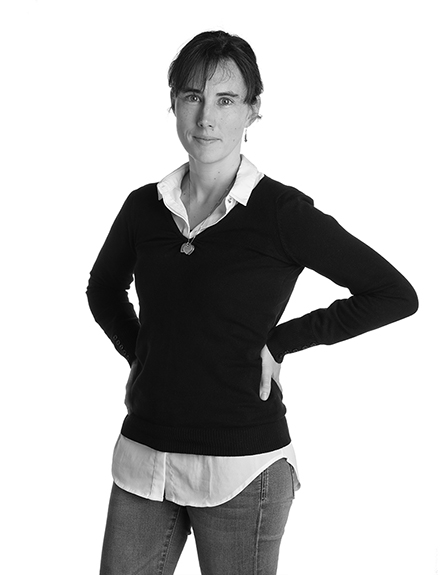| marie-hélène le ny |
|
photographiste |
|
Human beings live in the moment, disregarding the rhythms of nature. The long term is extremely important. With nature, one must plan things from the outset, be somewhat wary! Thanks to the work of my team, I hope that we can minimise the impact of coastal protection structures. We are analysing the acoustic inversion: we send an acoustic signal into the water, which is reflected by all the particles present and, depending on the strength of the captured signal, we determine the concentration of these particles in the water. When I went on research leave, it was amazing, it was almost as if there was a fireworks display going off in my brain. I was full of ideas. Currently, a researcher's job is to seek funding and we no longer take the time to really and fully contemplate our work. This race for funding and publications is detrimental to our ability to innovate, not to mention the increasing administrative tasks." |
|
||
|
France
Floc'h, |
|||
|
|
|
|
